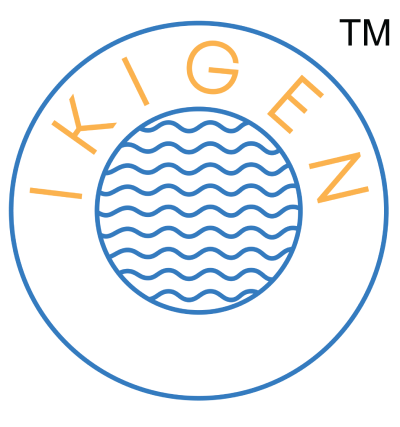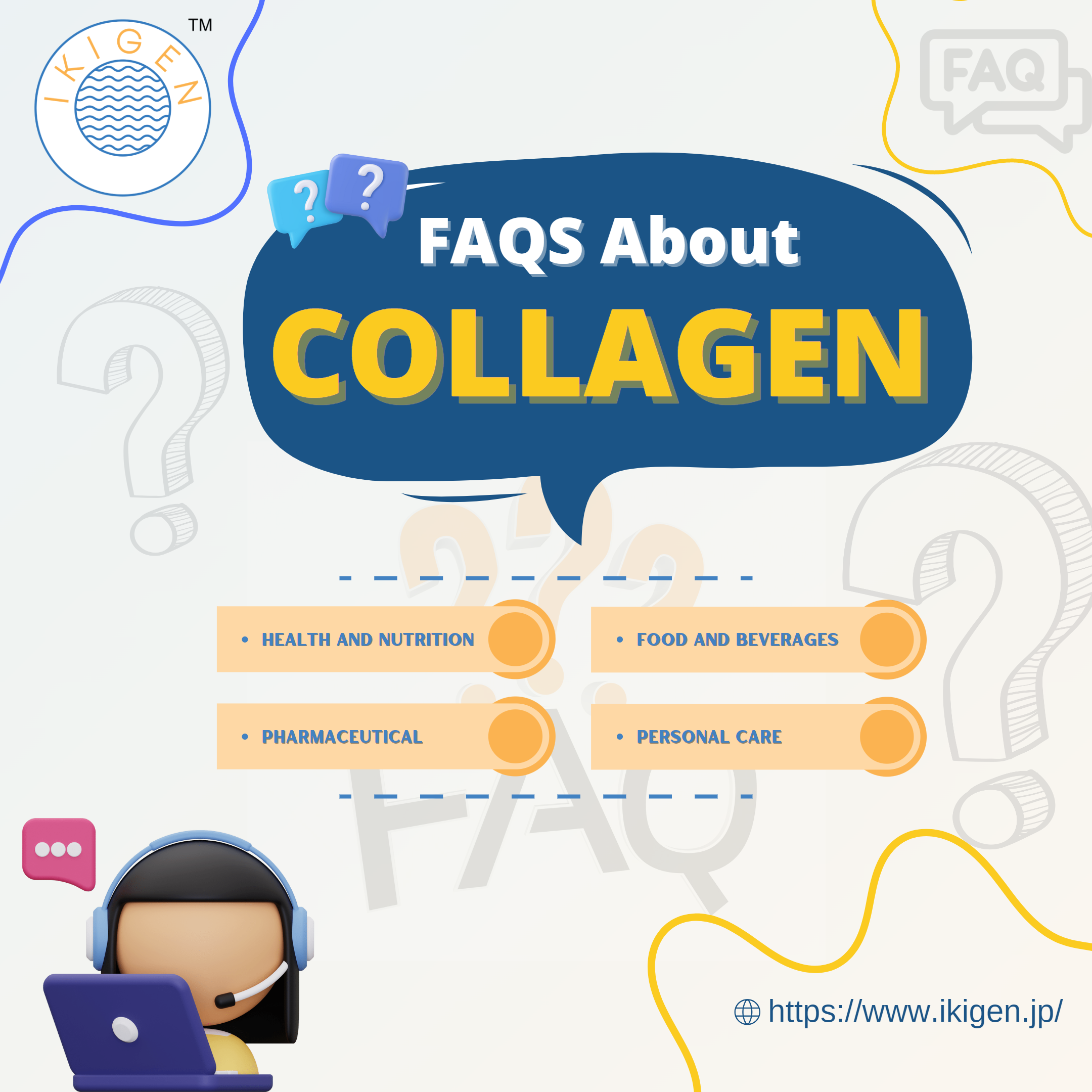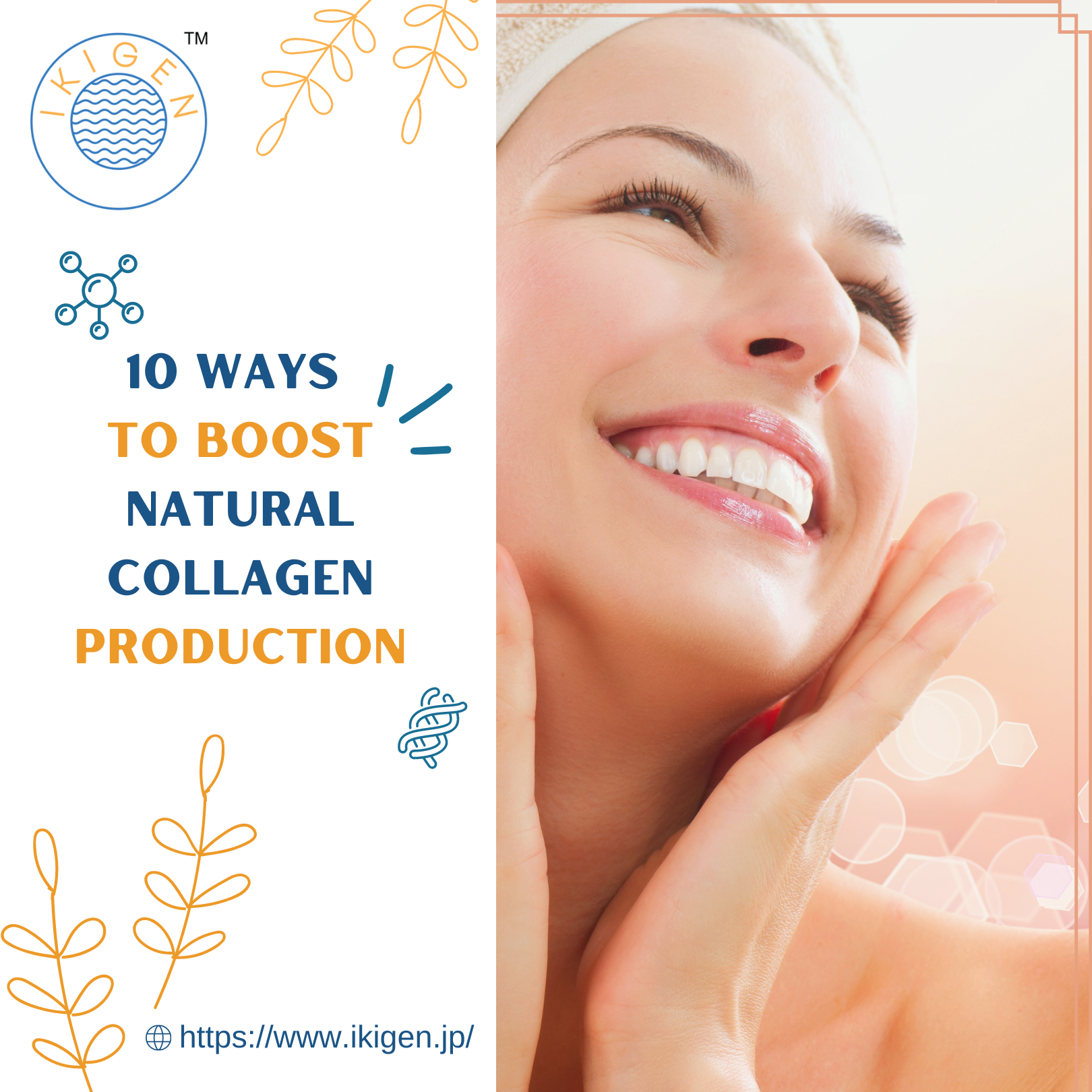Lustrous, strong hair is often associated with good health and confidence. While topical hair care products can help, lasting improvements in hair quality often start from within. Nutrition plays a vital role in hair strength, shine, and growth. Among the wide range of food supplements available, collagen has proven to be a standout ingredient that not only benefits the skin but also significantly enhances hair health.
This article delves into the top food supplements for hair growth and highlights how collagen, particularly collagen peptides and beverages, can transform your hair care routine from the inside out.
What Influences Hair Growth?
Hair is primarily made of keratin, a protein produced in hair follicles. For strong, healthy hair, your body requires the right nutrients, including amino acids, vitamins, and minerals. Unfortunately, various internal and external factors can slow down this growth process, such as:
- Nutritional gaps
- Hormonal imbalances
- Chronic stress
- Age-related changes
- Environmental pollutants
- Chemical hair treatments
Targeted nutritional supplements can help restore balance and nourish hair follicles, promoting growth and reducing breakage.
Top Supplements for Promoting Hair Growth
- Biotin (Vitamin B7)
Biotin aids in the production of keratin. It’s widely used to strengthen the hair shaft and prevent thinning. - Vitamin C
This antioxidant vitamin supports collagen production and protects hair follicles from oxidative stress. - Iron
Iron is essential for transporting oxygen to cells, including hair roots. Low iron levels are closely linked to hair thinning. - Zinc
Zinc helps with cell regeneration and supports the oil glands around hair follicles to keep them nourished. - Omega-3 Fatty Acids
These healthy fats found in fish oil contribute to a healthy scalp environment and improve hair elasticity. - Collagen Peptides
Collagen provides essential amino acids that help strengthen hair and improve scalp health. Hydrolyzed collagen peptides are particularly effective due to their high absorption rate.
The Role of Collagen in Hair Health
Collagen is a naturally occurring protein that makes up a large part of our skin, bones, and connective tissues. It’s also a powerful beauty supplement for improving hair strength and appearance. Here’s how collagen contributes to healthier hair:
- Delivers Key Amino Acids
Hair is made of keratin, which is built from amino acids. Collagen, especially when hydrolyzed, supplies the body with glycine, proline, and hydroxyproline – all essential for keratin production. - Enhances Scalp Integrity
Healthy hair starts with a healthy scalp. Collagen supports the skin structure of the scalp, improving circulation and creating an ideal environment for hair to grow. - Fights Free Radical Damage
Environmental toxins and stress can cause oxidative damage that weakens hair follicles. Collagen has antioxidant properties that help protect and rejuvenate them. - Slows Signs of Aging
With age, natural collagen levels decline. This can lead to thinning hair. Supplementing with collagen may slow down this aging process and maintain hair volume and texture. - Promotes Stronger, Thicker Hair
By strengthening the hair shaft and improving elasticity, collagen helps reduce breakage and split ends, resulting in fuller-looking hair.
Why Collagen Food Supplements Make a Difference
Ingestible collagen comes in several forms: powders, capsules, and ready-to-drink beverages. Here’s why collagen food supplements are especially effective:
- Enhanced bioavailability: Hydrolyzed collagen peptides are easily absorbed and used by the body.
- Easy to consume: Collagen powders can be added to drinks, soups, or smoothies.
- Combined formulas: Many supplements also include biotin, vitamin C, or hyaluronic acid for a more comprehensive approach.
Collagen Beverages: A Convenient Option
Collagen drinks have gained popularity as they offer a fast and enjoyable way to get your daily dose of collagen. They’re often enhanced with fruit flavors, vitamins, or additional nutrients that promote skin and hair health.
The Japanese Advantage: Why Choose Marine Collagen from Japan
Not all collagen is created equally. Japanese collagen, especially marine collagen derived from fish, is renowned for its purity, safety, and superior absorption. A standout product in this category is Ikigen Premium Marine Collagen, made in Japan using advanced technology and sustainable fish sources.
Key benefits of Japanese marine collagen include:
- Sourced from deep-sea fish with minimal exposure to pollutants
- Lower molecular weight for optimal absorption
- Free from allergens, additives, and heavy metals
- Manufactured under strict quality control standards (ISO, HACCP, GMP)
- Backed by clinical studies to ensure efficacy
Using a high-quality product like Ikigen ensures your body receives collagen in its most potent form, enhancing hair, skin, and overall wellness.
How to Use Collagen for Hair Benefits
- Dosage: 5 to 10 grams of hydrolyzed collagen per day is typically recommended.
- Timing: Collagen can be taken at any time, but some prefer it in the morning or before bed.
- Consistency: Visible improvements often appear after 4-8 weeks of regular use.
Complement your collagen intake with a nutritious diet, regular hydration, stress management, and proper sleep to maximize results.
Wrapping Up: Collagen’s Contribution to Hair Health
If you’re searching for the best food supplement for hair growth, collagen stands out for good reason. It supports keratin production, enhances scalp health, combats free radicals, and strengthens hair from root to tip. Whether taken as a powder, capsule, or collagen beverage, this protein offers real, long-term benefits for hair vitality.
For optimal results, choose a high-grade supplement like Ikigen Premium Marine Collagen, which combines Japanese innovation, purity, and performance.
Your journey to healthier, fuller, and stronger hair starts from within – and collagen is the secret weapon to get you there.


